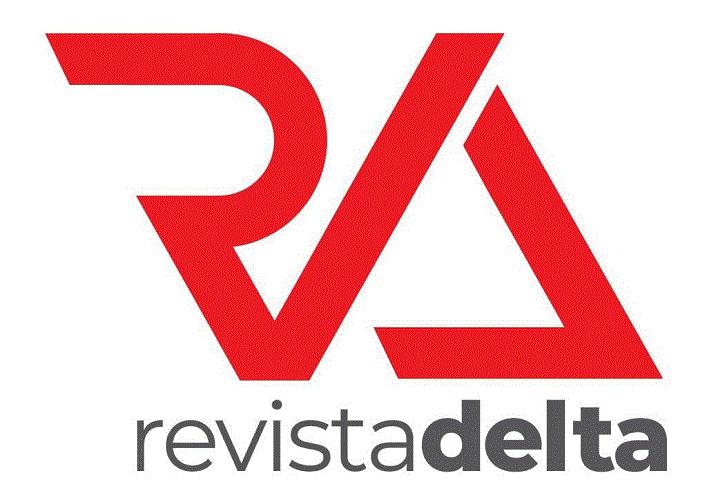ABSTRACT
This article aims at discussing the concept of translinguaging and, in order to do so, it explores the multiplicity of understandings regarding the term and also articulates aspects between the main characteristics of the translingual orientation and the framework of a critical and decolonial linguistic education in the contemporary society. Firstly, the history of the named term is briefly presented. Next, perspectives about translanguaging and its constitutive features are debated. In order to expand possibilities of conceptualization, the process of meaning making is brought to light, and the discussions emphasize its complex and historically situated nature, in addition to its heterodiscursive, plurisemiotic and multisensory constitutive elements. The notions of assembly and repertoires, among others, are discussed from a spatio-temporal orientation. Finally, taking translanguaging as a resistance practice, in a world which is deeply affected by oppressive discourses and abyssal differences, some principles of a translingual education and possible challenges concerning transformative and decolonial pedagogies are presented.
Keywords:
Translanguaging; Translingual pedagogy; Critical language education; Decolonial language education
